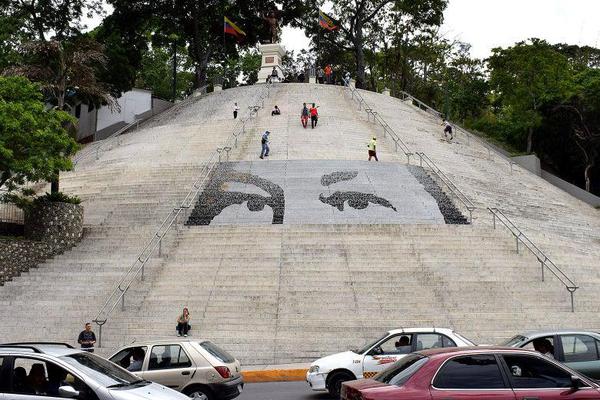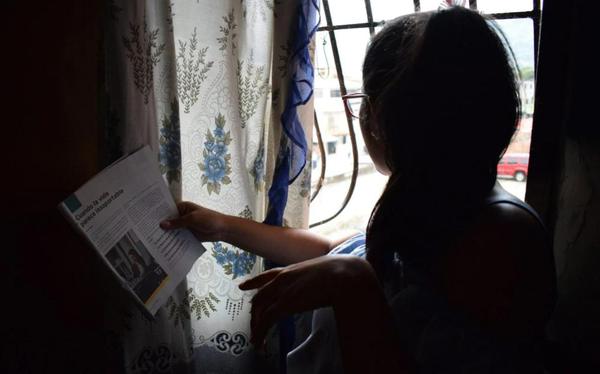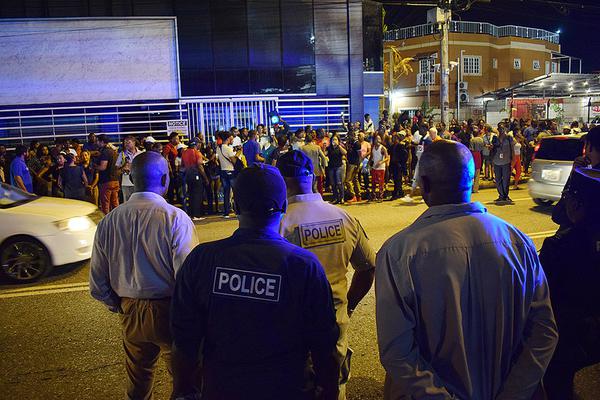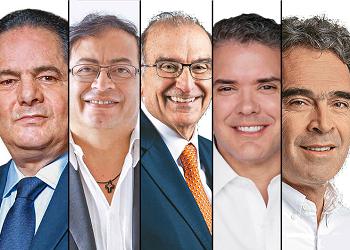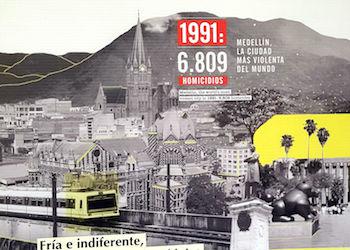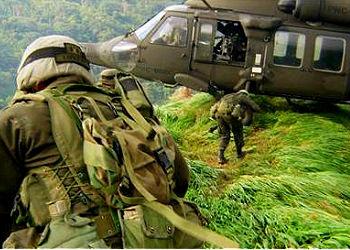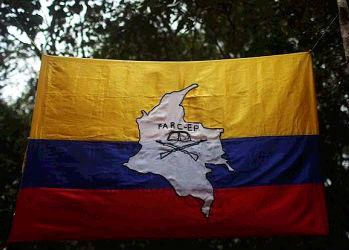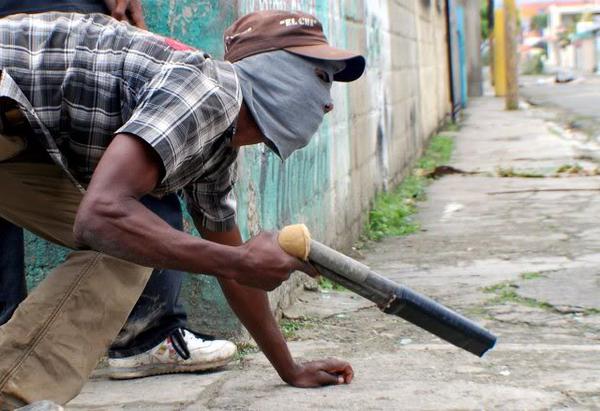Venezuela’s Leftists Don’t All Support Maduro
Venezuelan “socialism,” for those outside the country, conjures up images of empty supermarkets, a starving population, and hyperinflation. And there’s some truth to the image. Venezuela has fallen spectacularly from being the richest nation in Latin America into an unprecedented economic crisis that has seen millions flee the country. This collapse comes during the self-proclaimed “socialist” revolution spearheaded by Hugo Chávez two decades ago and continued by current President Nicolás Maduro
